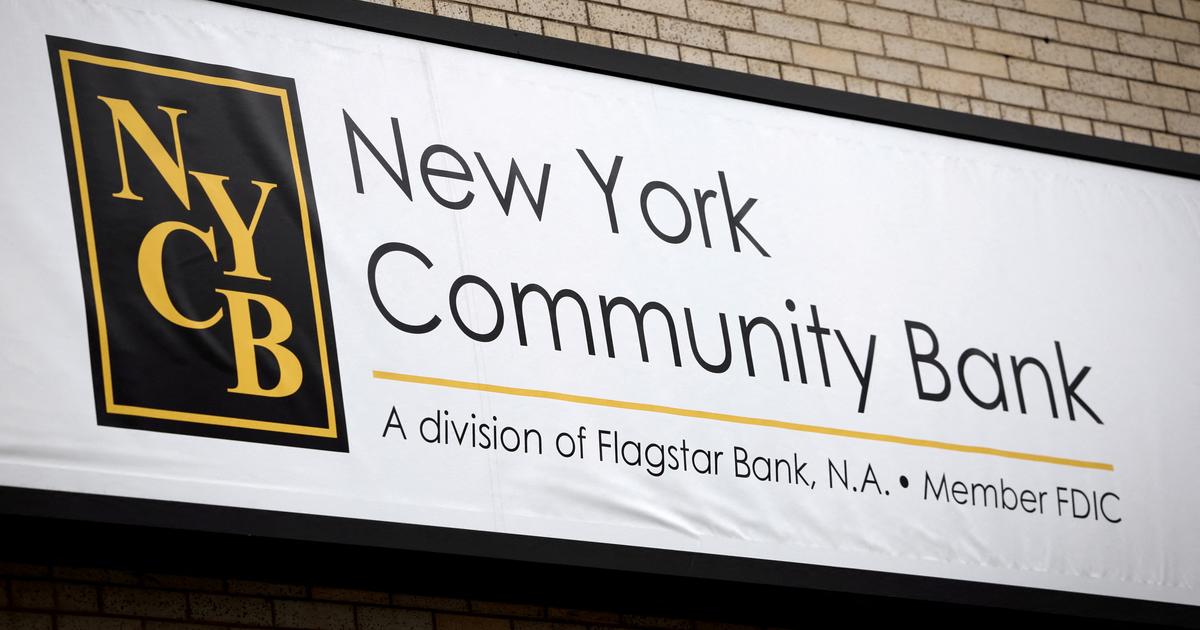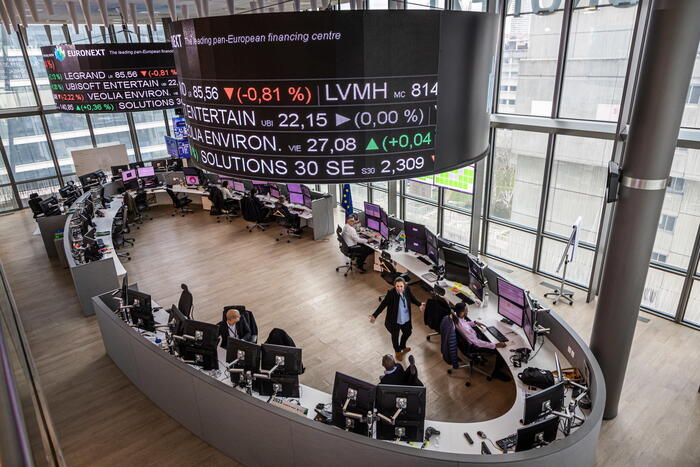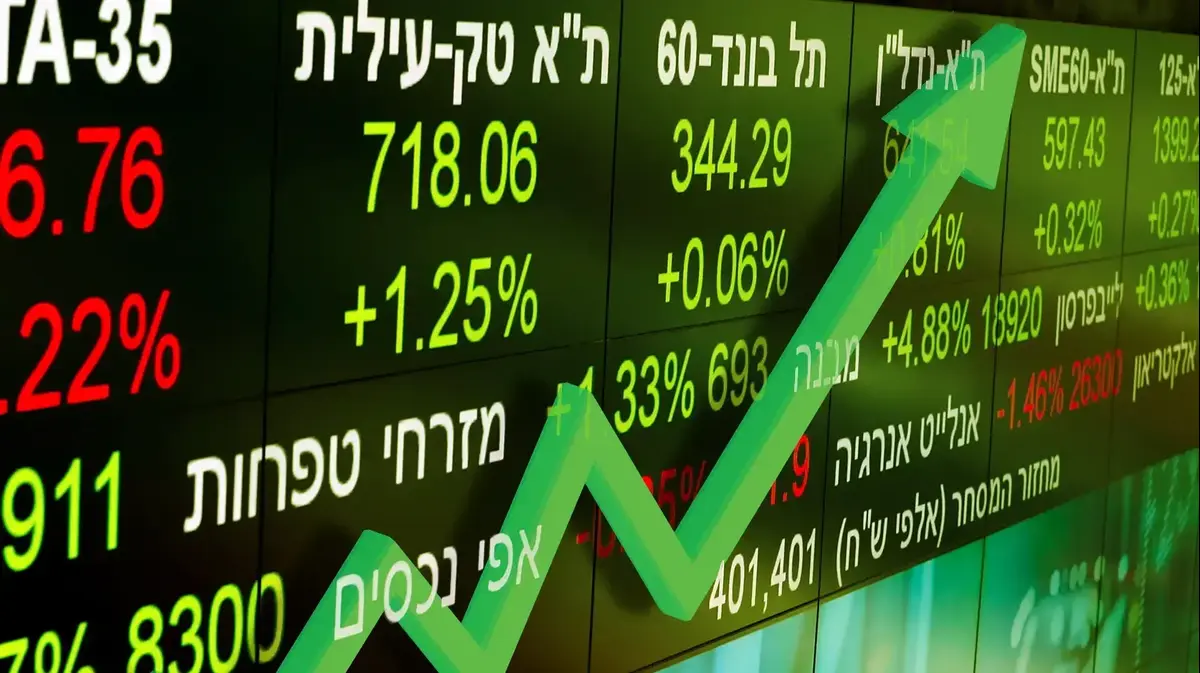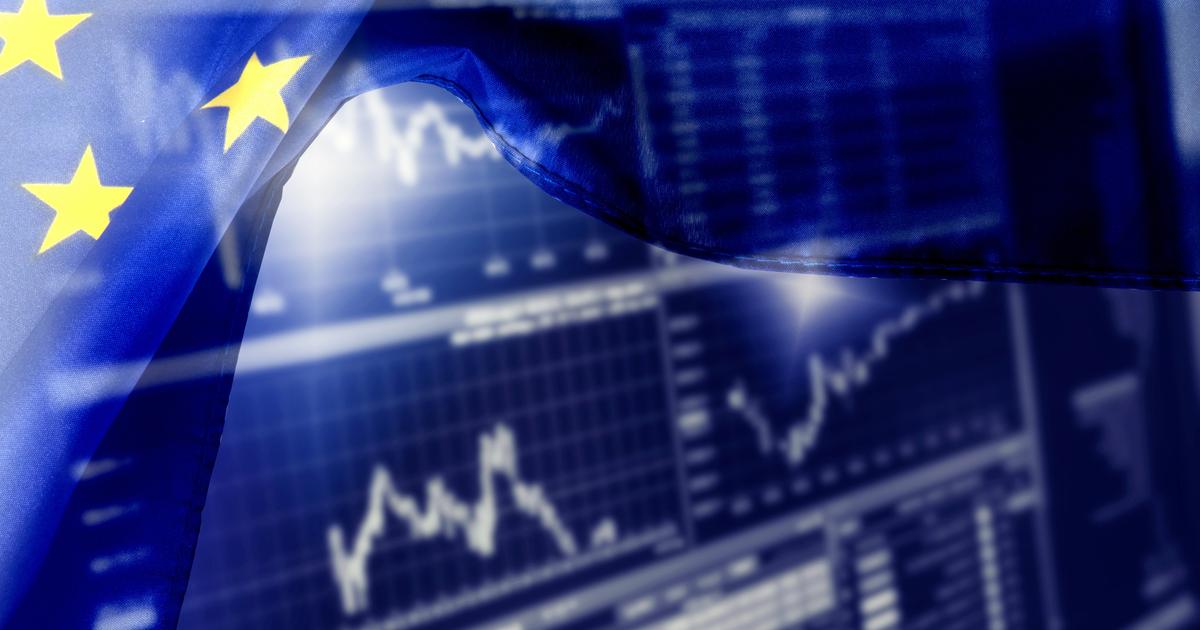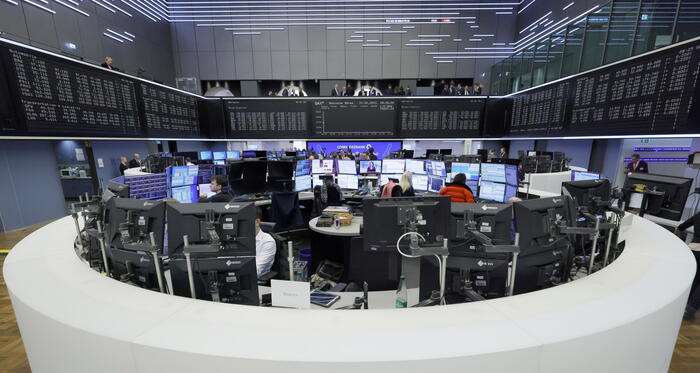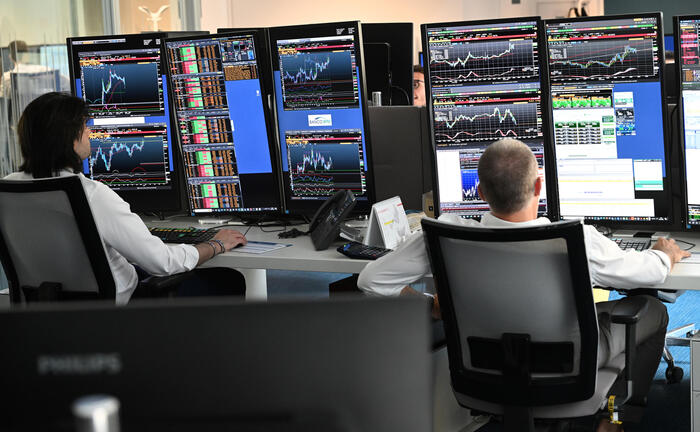The US stock exchange reported the worst losses since "black Monday" 1987 at the beginning of the week. The DAX is down after a recovery on Tuesday.
- The corona virus pandemic is putting massive pressure on the international economy.
- The stock exchanges react nervously and with sharp drops.
- A statement by US President Donald Trump appears to be worsening the situation in the United States.
3:27 pm: On Thursday, the US stock markets also started to reverse. The tense situation caused by the corona pandemic continues to prevent sustainable recovery. The leading Dow Jones Industrial index recently lost 3.17 percent to 19,268.01 points after having lost more than 6 percent on Wednesday.
The market-wide S&P 500 last fell 2.79 percent on Thursday to 2331.12 points. The technology-heavy Nasdaq 100 dropped 1.28 percent to 7083.36 points.
Stock market slump due to Corona: Wall Street has drastic consequences - central banks start emergency purchase program
Update from March 19, 11:31: From next Monday, the New York Stock Exchange will only be traded electronically. There is a precautionary step. There should not be any technical difficulties: you are completely prepared to only trade electronically. Two confirmed corona infections had previously been reported on Wall Street .
During the night of Thursday, the European Central Bank (ECB) and the Japanese central bank announced an emergency buying program for government and corporate bonds. The ECB's emergency purchase program will total 750 billion euros. At the same time, oil prices stopped their downward slide - a barrel of Brent from the North Sea at $ 26.29 was again $ 1.41 more than the previous day.
According to analysts, recent developments cannot yet be seen as stabilization. While defensive stocks from the food sector are in demand, the travel sector was again among the losers.
Update of March 18, 3:04 pm: After a brief recovery, disillusionment follows on the US stock markets. On Wednesday afternoon, too, the trade switched back to crash mode. The leading index of the Dow Jones Industrial fell below the 20,000 point mark immediately after the start of trading. Most recently, it was 5.72 percent lower at 20,022.08 points after having risen by around 5.2 percent on Tuesday.
The market-wide S&P 500 recently lost 5.49 percent to 2390.25 points. The technology-heavy Nasdaq 100 dropped 4.55 percent to 7134.11 points.
The number of infected people is increasing worldwide, when will the long-awaited vaccine follow? Researchers could soon make their breakthrough.
Coronavirus pandemic: fast help for the economy is needed
Update from March 18: Yesterday, Tuesday, both the German leading index DAX and the US stock market index Dow Jones showed a slight recovery after the Monday slump. The Dow Jones again reached a score of 21,237.31 points, closing with an increase of 5.19 percent. The downward trend was especially for airlines. In contrast, Amazon's stock rose by seven percent - the online retailer had announced that it would create 100,000 new jobs due to the increased demand.
Meanwhile, there is worse news from the German stock index DAX on Wednesday: After the DAX also recovered somewhat yesterday, it sinks in the morning by a good five percent to 8479.55 points.
The economy needs quick help - unlike in the financial crisis, an ARD comment demands.
First report from March 17th, 2020: New York - The fear of the massive spread of the coronavirus * is increasing. More and more cases are being reported worldwide. In the USA, too, where extensive testing has only recently begun, there is an exponential increase in infections. And this term is understood on the stock exchange, where you would like to see exponential increases - just prefer the value of the trading positions. The pandemic can obviously only be flattened with drastic restrictions in public space. Should this not be possible, the health system could be dramatically overloaded.
Coronavirus pandemic: worst stock market losses since 1987
The economic consequences of dissemination and preventive measures can hardly be predicted in their entirety - but it is already clear that countless companies are already losing millions. And that has dramatic consequences for the financial market and stock trading. Uncertainty caused the worst losses on US stock markets on Monday since “black Monday” in 1987.
Coronavirus pandemic is affecting the US stock exchange
The Dow Jones Industrial closed at almost 3000 points, or 12.93 percent, at 20,188.52 points. The US leading index ended at its lowest level in more than two years. The Dow had risen by a good nine percent on Friday, but still had a loss of more than ten percent on a weekly basis.
The market-wide S&P 500 lost 11.98 percent on Monday to 2386.13 points. The technology-heavy Nasdaq 100 was down 12.19 percent to 7020.38 points.
The statements of the US President Donald Trump led to further uncertainty. On Monday, he expressed concern that the US economy could slide into recession. He called on all Americans to avoid unnecessary trips and visits to bars and restaurants and to avoid the accumulation of more than ten people in the fight against the spread of the corona virus in the next two weeks.
US Stock Exchange: Another panic reaction - Dow loses 13 percent
At the weekend, the US Federal Reserve surprisingly cut the key interest rate to almost zero percent and announced a package of measures in coordination with other central banks. However, this measure, intended to calm the markets, completely failed to take effect. Markets.com analyst Neil Wilson spoke of the Fed's remarkable move, but at the same time emphasized that the global economy is coming to a standstill. The currency keepers also lack the necessary antidote.
Financial stocks in particular were under pressure. The papers of the banks JPMorgan and Goldman Sachs listed in the Dow sagged by up to 15 percent. A low interest rate environment makes everyday business with loans, for example, less attractive.
Bottom in the Dow were Boeing shares, which fell almost 24 percent to their lowest level since September 2016. Since the start of free fall three weeks ago, the value of the paper has decreased by almost two thirds. The new type of corona virus places a particularly heavy burden on worldwide air traffic and thus on the continued demand for Boeing aircraft.
US stock exchange / Corona crisis: Airline stocks under pressure
Airline shares were also under corresponding pressure. Delta Air Lines and United Airlines papers lost up to 15 percent. They even made up some of the losses after US President Trump assured that he wanted to "100 percent" support the airlines.
Apple's shares went under 13 percent. The iPhone maker had announced it would close its 460 in-house stores outside of China for two weeks due to the spread of coronavirus. They want to help slow the disease, said CEO Tim Cook on Saturday. In addition, Apple was fined a good 1.1 billion euros by the French competition authority for what they considered to be illegal distribution agreements.
Against the trend, Clorox papers rose 4 percent. Due to the virus pandemic, the manufacturer of disinfection solutions is currently benefiting from high demand for its products.
The spread of the virus also has massive consequences for the German economy. Car manufacturers close their factories in rows.
dpa / nai
* Merkur.de is part of the nationwide Ippen-Digital editors network.


